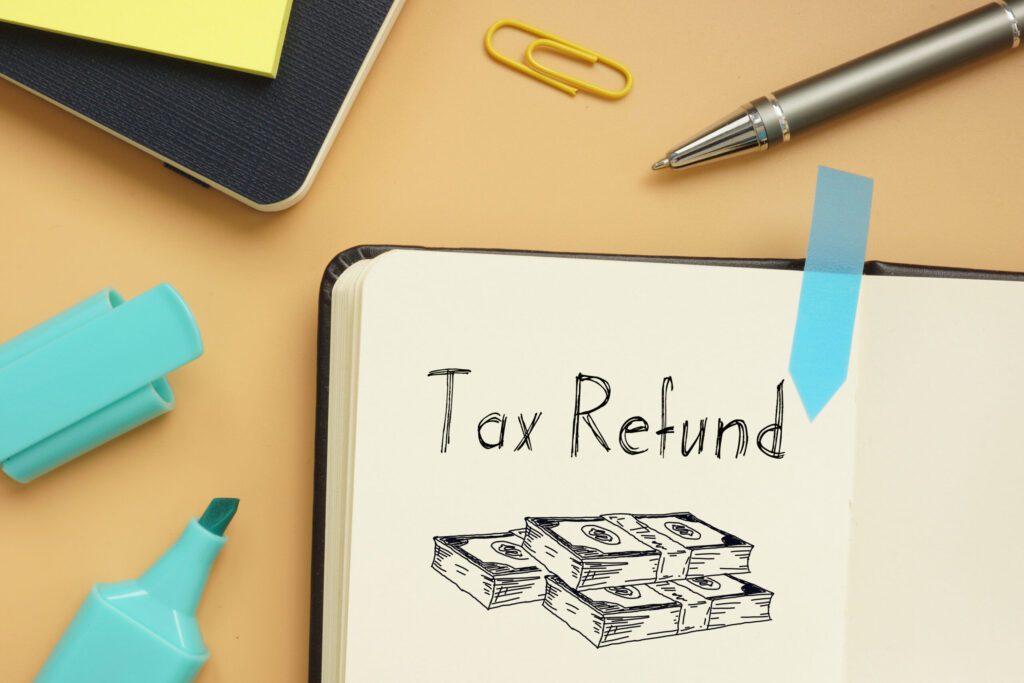If you’ve ever applied for a credit card, car loan, or mortgage, you’ve likely heard the term FICO score. But what is a FICO score, and how exactly is it different from your regular credit score in Canada? In this guide, we’ll explain what a FICO score is, how it’s calculated, where it’s used in Canada, and what to do if your score needs a boost.
What is a FICO score?
A FICO score is a type of credit score created by the Fair Isaac Corporation (FICO). It’s widely used in the United States and by some lenders in Canada to assess how risky it is to lend you money. While Canada uses other scoring models too – like those from the Equifax and TransUnion credit bureaus – your FICO score is often the one lenders check behind the scenes when making major decisions.
What does “FICO” stand for?
FICO stands for Fair Isaac Corporation, the data analytics company that invented the scoring model in 1989. It’s not a government body, but over time the FICO score has become the most commonly used credit score in the U.S. and a growing number of cases in Canada – especially with cross-border lenders, credit card companies, and large banks.
Do FICO scores matter in Canada?
Yes – but with a twist. In Canada, your Equifax and TransUnion scores are what you typically see when you check your credit. These scores are based on models that may include FICO scoring or VantageScore models, depending on the lender and credit bureau. While not all Canadian lenders use FICO scores, some do – especially:
- Major banks
- Auto finance companies
- Cross-border lenders with U.S. ties
- Mortgage underwriters
If you’re applying for a mortgage, car loan, or large credit product, it’s likely a FICO score could be pulled alongside your credit bureau report.
FICO score ranges
FICO scores typically range from 300 to 850:
| Score range | Rating |
|---|---|
| 800 – 850 | Exceptional |
| 740 – 799 | Very Good |
| 670 – 739 | Good |
| 580 – 669 | Fair |
| 300 – 579 | Poor |
In general, a FICO score of 670 or higher is considered good and increases your chances of approval for credit products at competitive rates.
How is a FICO score calculated?
FICO scores are based on five key factors:
- Payment history (35%): have you paid bills on time?
- Credit utilization (30%): how much of your available credit are you using?
- Credit history length (15%): how long have you had credit accounts?
- New credit (10%): have you recently applied for a lot of credit?
- Credit mix (10%): do you have different types of credit (loans, credit cards, etc.)?
How to check your FICO score in Canada
While Equifax and TransUnion provide credit reports, getting your exact FICO score in Canada can be trickier. Here are some options:
- Some banks and credit card issuers (like RBC or Scotiabank) may provide your FICO score in your online banking.
- Borrowell, Credit Karma, and ClearScore offer free credit monitoring – but these are based on VantageScore, not FICO.
- You can also pay to access your FICO score directly from Equifax Canada.
While you may not always see your FICO score, improving your credit habits will help boost both your FICO and non-FICO scores.
What if my FICO score is low?
A low FICO score can limit your access to credit or mean higher interest rates. If you’re struggling with debt, late payments, or maxed-out credit cards, you’re not alone. At Spergel, we help Canadians take back control of their finances – whether that means repairing your credit, reducing debt, or filing for legal debt relief like a consumer proposal.
How to improve your FICO score
Here are simple steps you can take:
- Pay bills on time, every time
- Keep credit usage low (aim for under 30%)
- Avoid applying for too much new credit
- Review your credit report for errors
- Consolidate debt if you’re overwhelmed
And if you’re drowning in debt and can’t seem to get ahead, a Licensed Insolvency Trustee can walk you through your legal options.
FAQs: what is a FICO score?
Still have questions about how FICO scores work in Canada? You’re not alone. Here are answers to some of the most common questions we hear – from what affects your FICO score to how to check it and why it matters for your financial future.
Is a FICO score the same as a credit score?
Not exactly. A FICO score is a type of credit score, but there are other scoring models too (like VantageScore). Not all lenders use FICO.
Do lenders in Canada use FICO scores?
Some do – especially for mortgages and auto loans. Others may use Equifax or TransUnion models that aren’t FICO-based.
Can Spergel help improve my FICO score?
Yes – indirectly. By helping you reduce or eliminate debt through solutions like a consumer proposal or bankruptcy, your credit profile (and score) can start to improve over time.
Need help with debt or credit?
A good credit score can open financial doors – but if you’re overwhelmed by debt, it’s time to talk to a professional. At Spergel, we’ve helped over 100,000 Canadians get a fresh start. Book a free consultation with a Licensed Insolvency Trustee today. No pressure. Just answers.



















